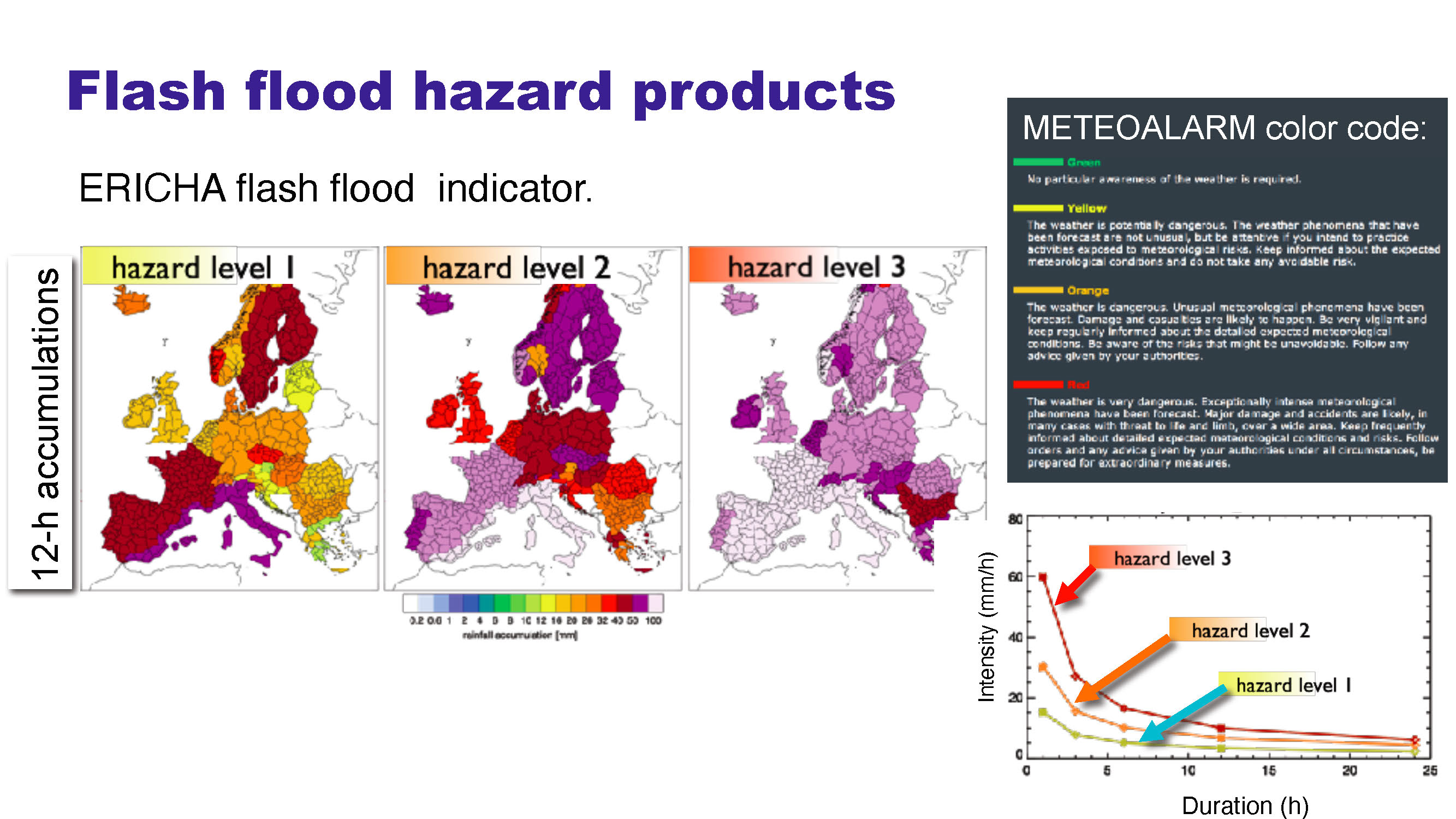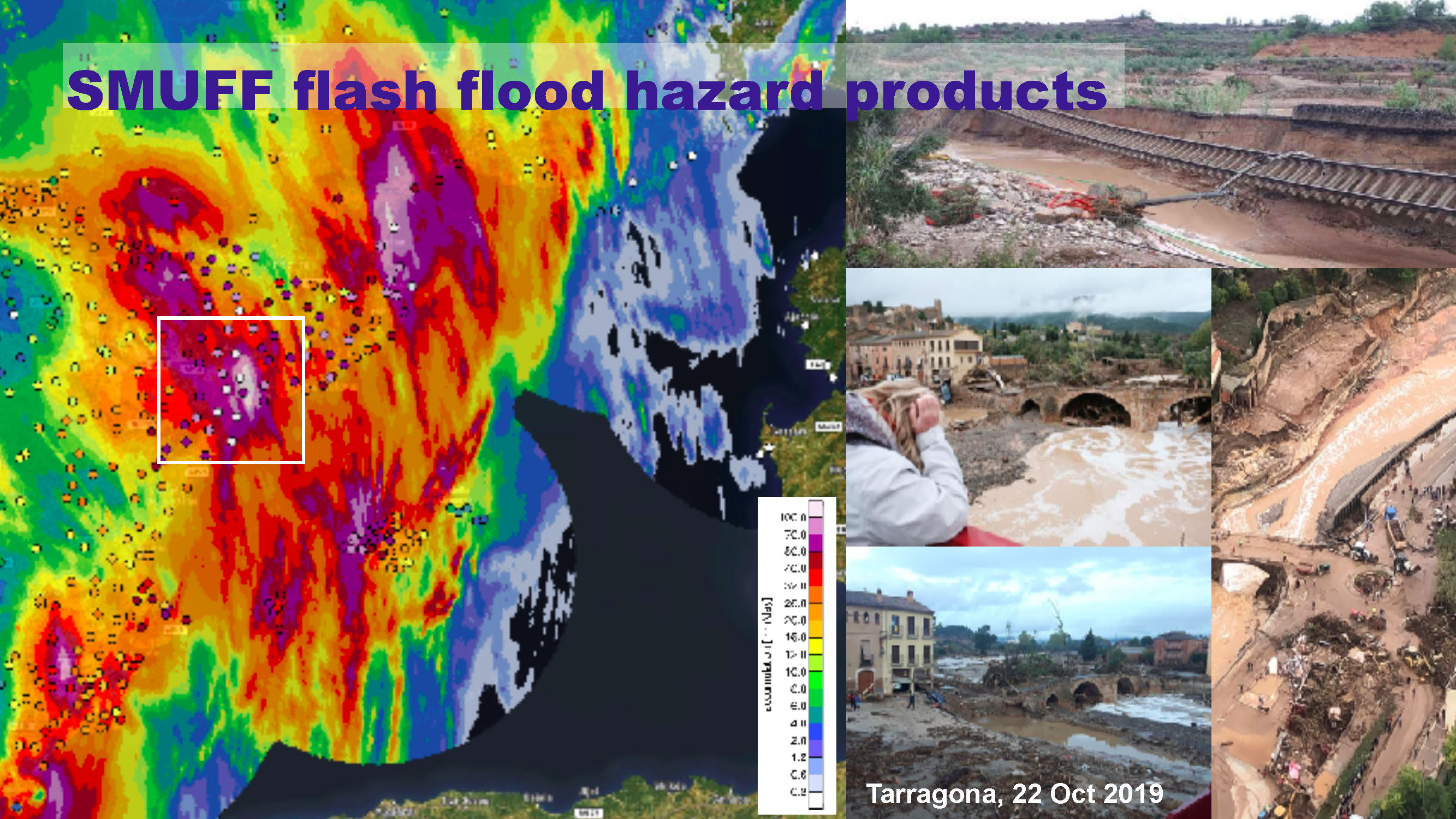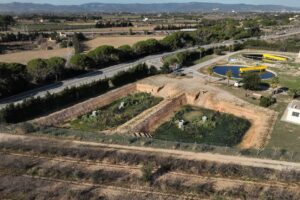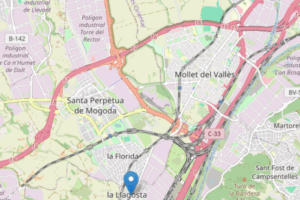
The UPC participates in the design of a pilot plan to improve tuberculosis control in Nigeria based on mathematical models
November 20, 2019
Effects of the urban heat island on Barcelona metropolitan region
December 4, 2019Losses due to the hazards associated with heavy rainfall and storms are the largest social risk associated with natural phenomena. The capability of monitoring and predicting such events and their impacts accurately is crucial for decision-making and preparedness in emergency operations. The Centre of Applied Research in Hydrometeorology (CRAHI UPC) has participated in the Seamless Probabilistic Multi-Source Forecasting of Heavy Rainfall Hazards for European Flood Awareness SMUFF project, contributing its expertise to advance the state-of-the-art of prediction techniques, based on projects that were developed previously (HAREN, EDHIT and ERICHA).

The objective of the SMUFF project is to develop better instruments for assessing and predicting the hazards and risks induced by intense rainfall and severe storms (e.g. flash floods, urban floods and landslides) at scales from individual towns to pan-European. This was achieved by combining observations of precipitations in Europe (based on data provided by the European network of meteorological radars, OPERA among others) together with multiple state-of-the-art instruments and scientific methods for prediction. The output of the project was a set of tools and products for seamless, probabilistic high-resolution hazard and risk forecasting, for lead times from 15 minutes to 5 days.

The output was disseminated by integrating the methods into the European Flood Awareness System (EFAS) platform, which is the reference system for flood monitoring and forecasting used by civilian protection systems and emergency management and response agents. In this way, the project provided highly useful real-time tools to support decision-making in emergency management centres, including the ERCC (Emergency Response Coordination Centre, Brussels), which acts as the central point of coordination between the various European civil protection systems of member states.
The project, which lasted two years and was completed in 2019, was coordinated by the Finnish Meteorological Institute (FMI). Other organisations involved in its development included the European Centre for Medium-Range Weather Forecasts ECMWF. Civil protection organisations that participated were the Catalan civil protection centre and the Rescue Department of the Finnish region Etelä-Savo ESPL, as well as technological stakeholders, including the company Vaisala as well as technological stakeholders, including the company EUMETSAT.
Related Projects
- A research team from the UPC, in collaboration with the company B. Braun Surgical, has created a ceramic and biocompatible catalyst that captures greenhouse gases and transforms them into useful chemical products in a more sustainable way and at a lower cost than current technologies. The technology has successfully passed the pilot phase through joint projects with companies from different sectors.
- The company Trace ID and the group Twin Investors, in collaboration with the Textile Technology research group (TECTEX), which is part of the Institute of Textile Research and Industrial Cooperation of Terrassa (INTEXTER) at the Universitat Politècnica de Catalunya - BarcelonaTech (UPC), are developing electronic devices to identify, monitor, and study the traceability of the products in which they are embedded.
- The Hydrogeology Group (GHS) at the Universitat Politècnica de Catalunya - BarcelonaTech (UPC) is participating in the LIFE REMAR project to develop an innovative and sustainable solution for the reuse of treated wastewater through infiltration, with the aim of increasing the availability of freshwater resources and improving the state of ecosystems.
- A team from the Environment Centre Laboratory (LCMA) of the Universitat Politècnica de Catalunya - BarcelonaTech (UPC) is taking part in a study commissioned by the city councils of la Llagosta, Mollet and Santa Perpètua (in Vallès Occidental), with the main objective of identifying the impact of industrial plants on the generation of unpleasant odours and continuously monitoring air quality in these municipalities.




